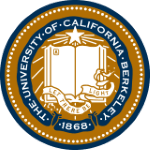This project is now in update mode. Check back regularly to see how things are progressing.
Support Cal Moot Court provide undergrads legal research, writing, and oral advocacy skills!
Undergraduate Moot Court Association at Berkeley (UMCAB) is a newly formed organization of over a dozen competition team members and rapidly growing feeder team at UC Berkeley dedicated to fostering valuable legal advocacy skills. UMCAB team members compete in the AMCA’s (American Moot Court Association) regional and national tournaments against over 450 universities across the nation in an experiential exercise that simulates an appellate court proceeding wherein students advocate a position.
We are currently raising funds to help pay for our regional and national competition fees, as well as support us in our mission to ensure the longevity of this organization for future generations of Golden Bears!
HISTORY:
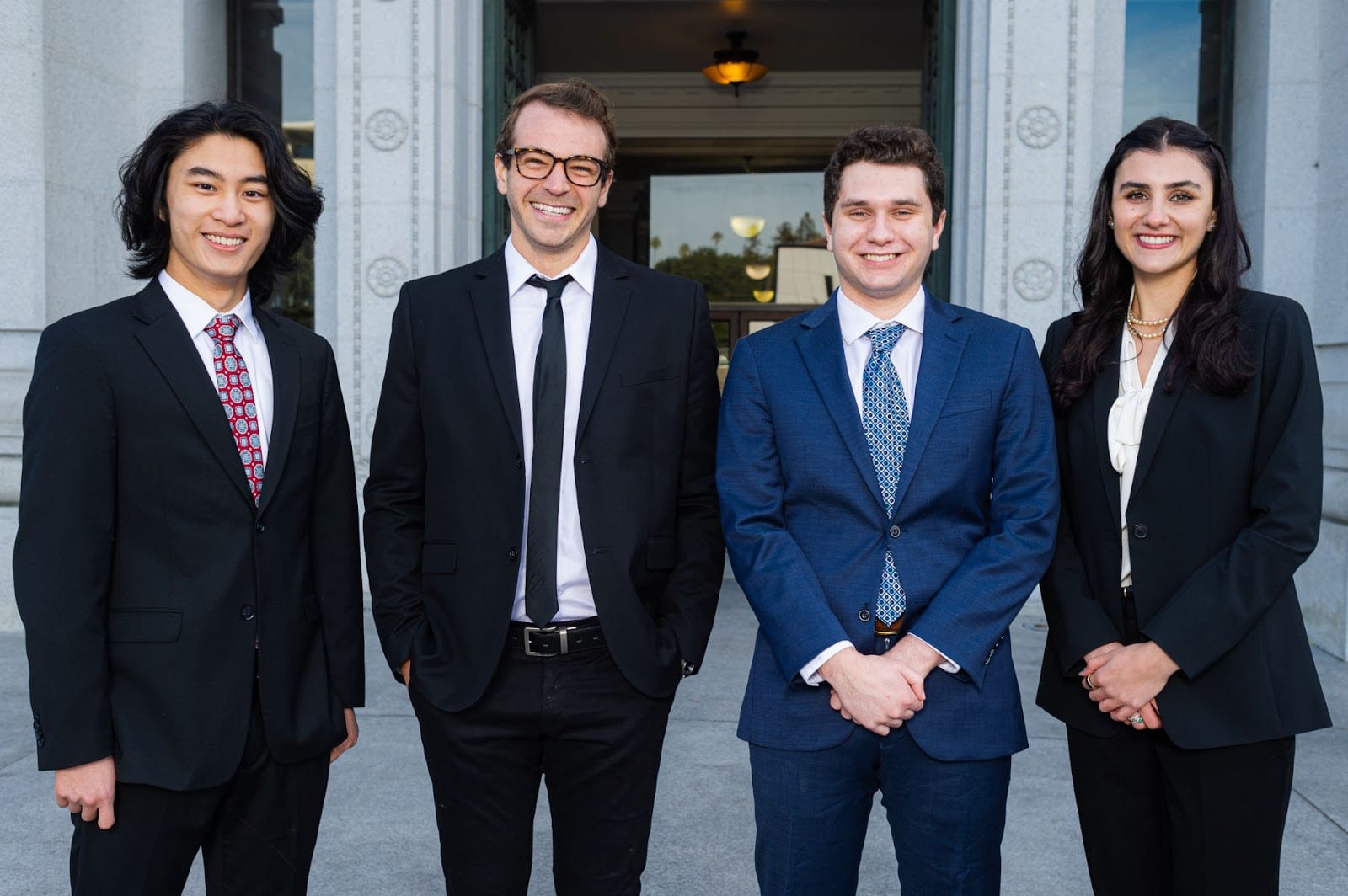
The organization was founded in the Spring of 2021, by 4 UC Berkeley pre-law students. Even through the obstacles of a remote semester, the team managed to recruit 8 competition team members through zoom auditions and interviews. In its first year of existence, the club sent 6 teams to AMCA regional tournaments, and 2 of these teams were crowned the champions of their respective tournaments. In all, 3 out of the 6 teams qualified for Nationals in January, and 7 out of 12 individual members won awards for finishing in the top 10 best speakers at their respective regional competitions.
After just one season, our team is now nationally ranked alongside other top schools around the country!
WHAT IS MOOT COURT?
As law school students and lawyers know, moot court continues to be an important element in American legal education today. Moot Court tasks students with arguing appellate cases in a mock-Supreme Court setting -- both orally before a panel of justices and via written briefs -- debating issues ranging from the freedom of speech, to the 5th Amendment rights to privacy and bodily autonomy, to Congress’s legislative power under the Commerce Clause. In pairs of two, each co-counsel is tasked with arguing on behalf of one of two issues presented in the form of a fictitious case drafted by the American Moot Court Association (AMCA).
WHAT SKILLS DO OUR MEMBERS LEARN?
How to read and how to brief precedent Supreme Court cases
Students read a reported case, identify and summarize the relevant facts of a case, find the rule of law within a decision, understand how a court applies the rule, and finally use precedent effectively in their arguments.
Research techniques, specifically as applied in the legal field
Students research and write a brief on the legal issue involved in the appellate simulation, selecting helpful texts and other resource materials, and navigating through legal research services, such as Westlaw and LexisNexis.
Professional public-speaking techniques
Through use of self-evaluation and team feedback during practice and final oral argument sessions, students focus on and improve aspects of various communication and presentation techniques such as vocal variation, articulation, body language, etc.
2021-2022
Last year, our teams drafted arguments that concerned the Commerce Clause, which defines Congress’s power to regulate interstate commerce, and the Fourteenth Amendment which contains the concept of Due Process.
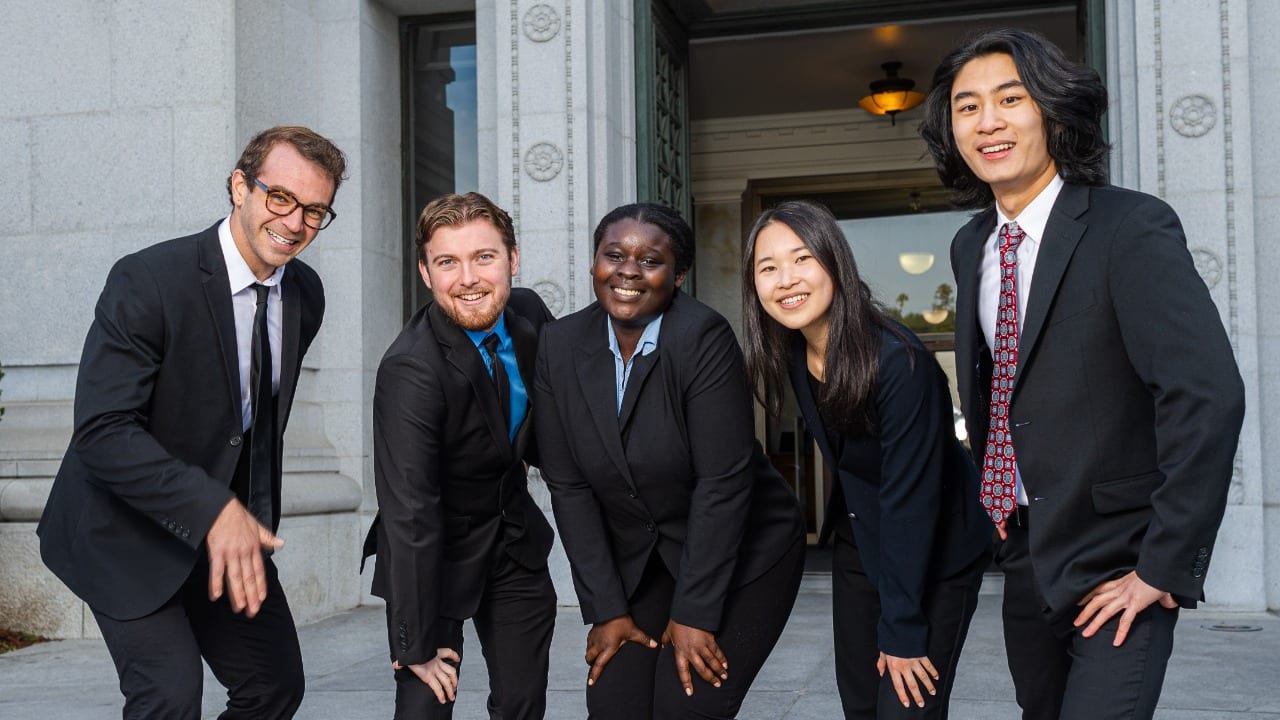
(Issue One Counsels 2021-2022)
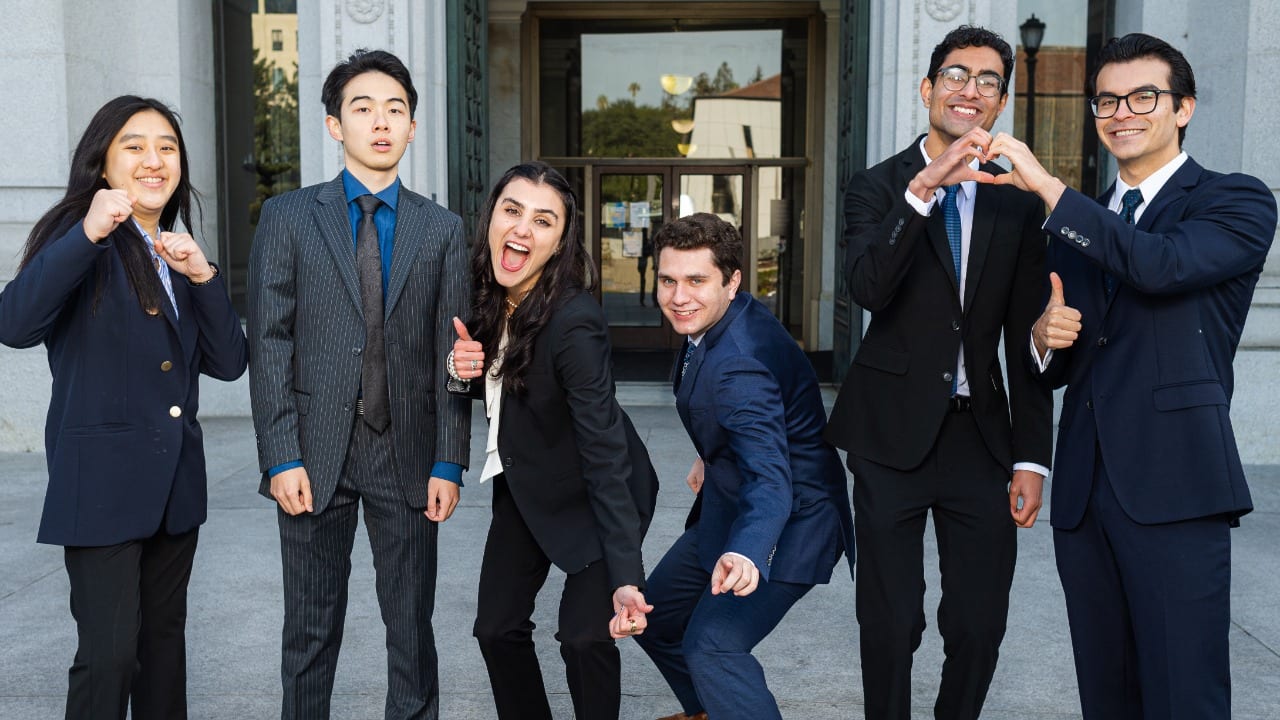
(Issue Two Counsels 2021-2022)
The Case Problem 2022-2023
This year, our teams are addressing arguments that concern the Fourth and Eighth Amendments to the United States Constitution.
In Issue One, which deals with the Fourth Amendment, counsels must argue whether or not the warrantless use of a drone equipped with optical sensors violated the Fourth Amendment to the United States Constitution. The Fourth Amendment protects the “right of the people to be secure in their persons, houses, papers, and effects, against unreasonable searches and seizures.”

In Issue Two, which concerns the Eighth Amendment, counsels must argue whether or not the sentence of life in prison with the possibility of parole only after the first fifty years of a non-homicide offense imposed on Denolf Jr violates the Eighth Amendment to the United States Constitution, specifically the protection against cruel and unusual punishments. The question is complicated by the fact that the case’s petitioner is a minor.
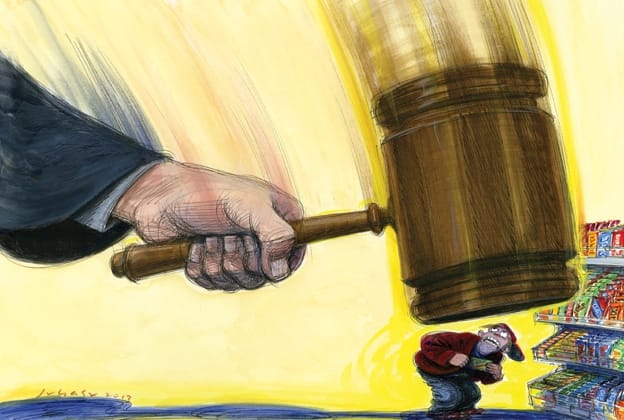
WHY SHOULD I DONATE TO UMCAB?
When you donate to the Undergraduate Moot Court Association at Berkeley (UMCAB), your donation will help pay for seven teams’ registration fees for regional tournaments and nationals! After succeeding in securing our spot as a nationally ranked team after only one year of competing, our team is asking for your support to help us maintain and improve our ranking!
Although last years competitions were online, this year, we are sending our teams across the country to Albany, New York and Lexington, Kentucky! Nationals will be held in Baton Rouge, Louisiana. We need your support to get there!
Moot court continues to be an important element in American legal education, and we hope that you can support us in our mission to provide academic support, professional development resources, and career opportunities to our members.
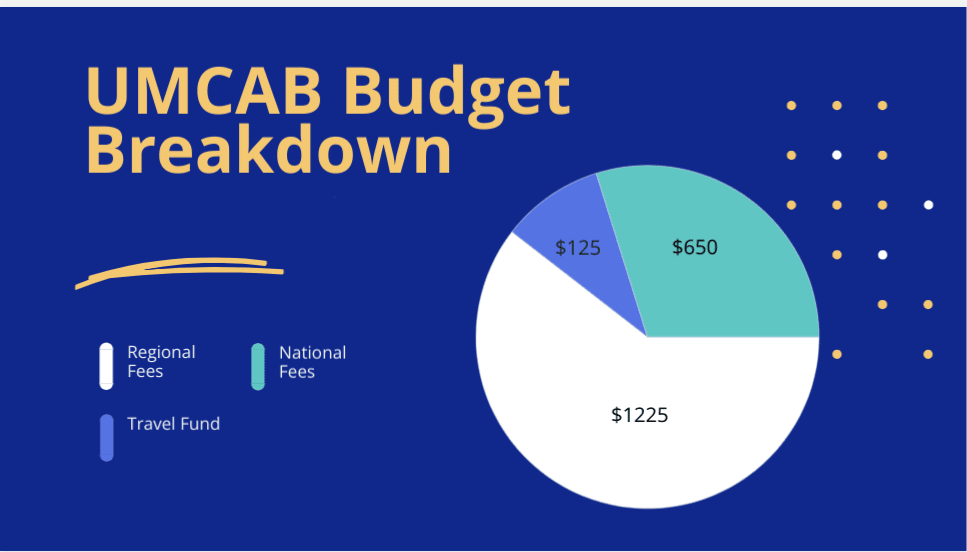
A breakdown of how your donations would help us!
For more information, check out our website (https://tinyurl.com/berkeleymootcourt), and follow us on instagram (https://www.instagram.com/berkeleymootcourt/) and linkedin (https://www.linkedin.com/company/berkeleymootcourt/)
If you have any questions about donation matching, long-term sponsorship, please reach out to our Treasurer at ayannabediako@berkeley.edu.
$50
Social Recognition!
We will post a personal "thank you" shoutout to you or the person of your choosing on our team Instagram!
$100
A Personal Thank You!
Receive a personal thank you note from our team!
$200
Hear our Appreciation!
Receive a thank you video from our team!







